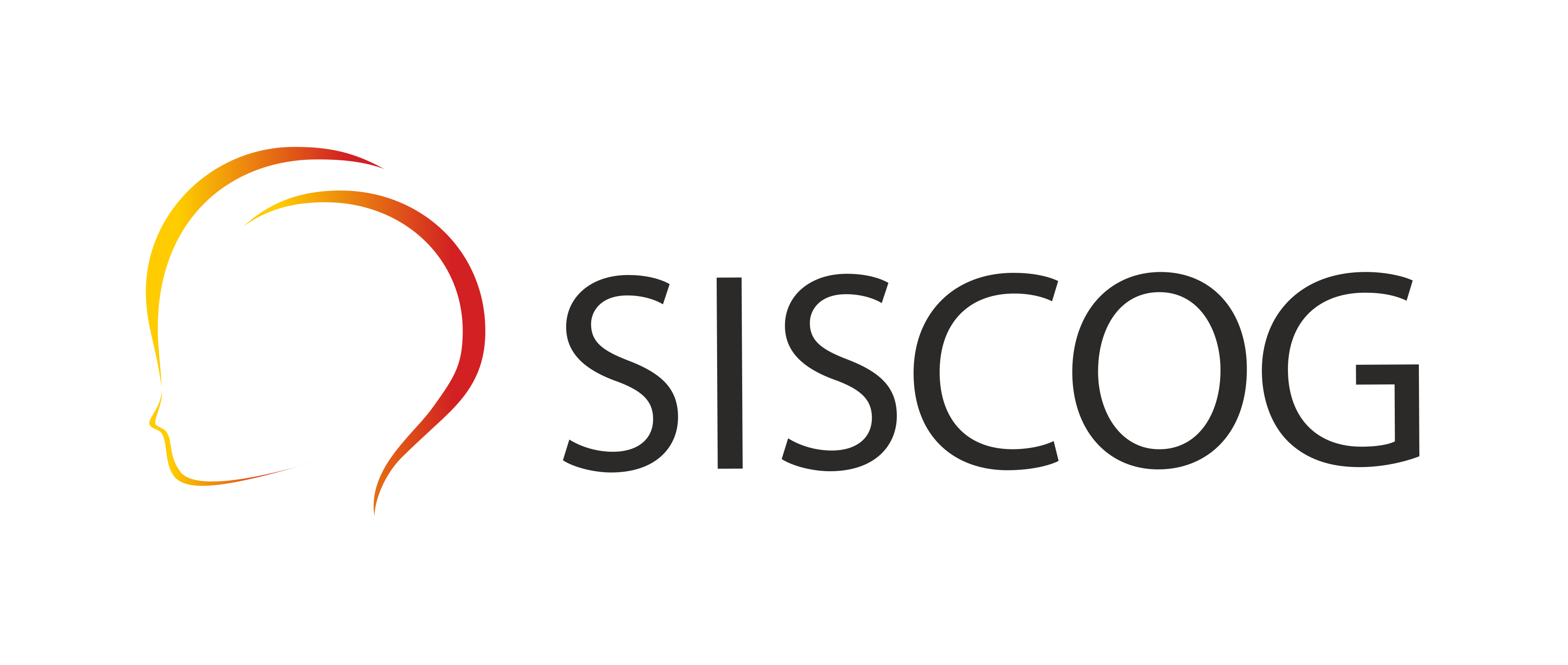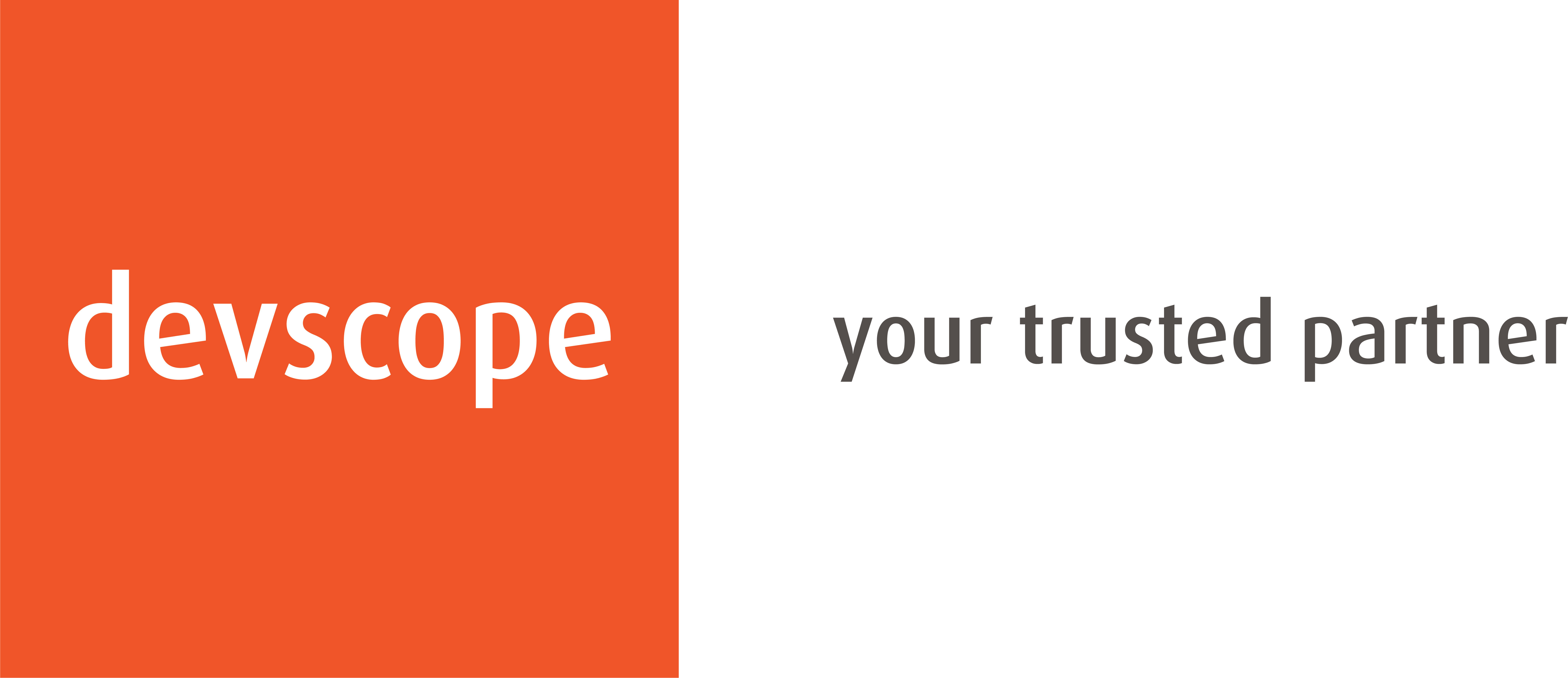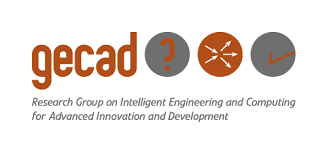Artificial Intelligence and Law (AIL)
Artificial intelligence and law is a field of study and research, which has been established since long and deals with all the possible applications of artificial intelligence to the world of law. Traditionally, this field has mainly concerned the forms of legal reasoning, the formation of legal knowledge, and the decision-making processes inherent to the legal domain. However, recent developments in artificial intelligence have also affected this area of study and research. Increasingly, artificial intelligence is no longer defined with close reference to the notion of human intelligence, consciousness, and alike, but is considered as a growing resource of interactive, autonomous, and self-learning agency. As a smart form of agency, AI has even a greater potential to affect and reshape law, while raising legal, technical, and ethical issues, which affect human autonomy, self-determination, and responsibility. Furthermore, since AI is gradually more fueled by data, these issues are predominantly rooted in data collection, retention and management. This raises key questions and challenges that require full examination and discussion, since they deeply affect the future trends of law.
Topics of Interest
- Formal and computational models of legal knowledge
- Models of legal reasoning
- Artificial intelligent systems in the legal domain
- Automation and decision-making process
- Machine learning and data mining
- Artificial intelligence and litigation
- Predictive coding
- Interactive, autonomous and self-learning agency
- Ethics of artificial intelligence
- Legal implications of Artificial Intelligence
Paper Submission Instructions
All accepted papers will be published by Springer in a volume of Springer’s Lecture Notes in Artificial Intelligence (LNAI) corresponding to the proceedings of the 19th EPIA Conference on Artificial Intelligence, EPIA 2019.
Submissions must be original and not published elsewhere. Papers should not exceed twelve (12) pages in length and must adhere to the formatting instructions of the conference. Each submission will be peer reviewed by at least three members of the Program Committee. The reviewing process is double blind, so authors should remove names and affiliations from the submitted papers, and must take reasonable care to assure anonymity during the review process. References to own work may be included in the paper, as long as referred to in the third person. Acceptance will be based on the paper’s significance, technical quality, clarity, relevance and originality. All accepted papers must be presented orally the conference by one of the authors and at least one author of each accepted paper must register for the conference.
All papers should be submitted in PDF format through the EPIA 2019 EasyChair submission page. Prospective authors should select the thematic track to which their paper is to be submitted.
Important Dates
Paper submission deadline (Extended) : April 15, 2019 April 30, 2019
Notification of paper acceptance: May 31, 2019, June 7, 2019
Camera ready papers deadline: June 15, 2019, June 21, 2019
Conference dates: September 3-6, 2019
Organizing Committee
Pedro Miguel Freitas, Universidade Católica Portuguesa, Portugal
Ugo Pagallo, University of Torino, Italy
Massimo Durante, University of Torino, Italy
Program Committee
Carlisle E. George, Middlesex University, UK
Giovanni Sartor, European University Institute, Italy
Isabel Ferreira, Universidade de Lisboa, Portugal
Luís Moniz Pereira, Universidade Nova de Lisboa, Portugal
Manuel David Masseno, Instituto Politécnico de Beja, Portugal
Migle Laukyte, University Carlos III of Madrid, Spain
Niva Elkin-Koren, University of Haifa, Israel, and Harvard University, USA
Paulo Novais, University of Minho, Portugal
Pompeu Casanovas, Universitat Autònoma de Barcelona, Spain, and Royal Melbourne Institute of Technology, Australia
Radboud Winkels, University of Amsterdam, Netherlands
Thomas Gordon, University of Potsdam, Germany
Vicente Julián Inglada, Valencia University of Technology, Spain


















